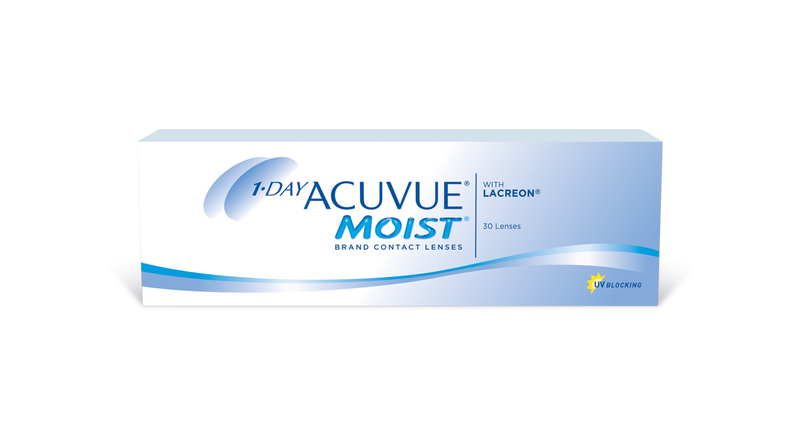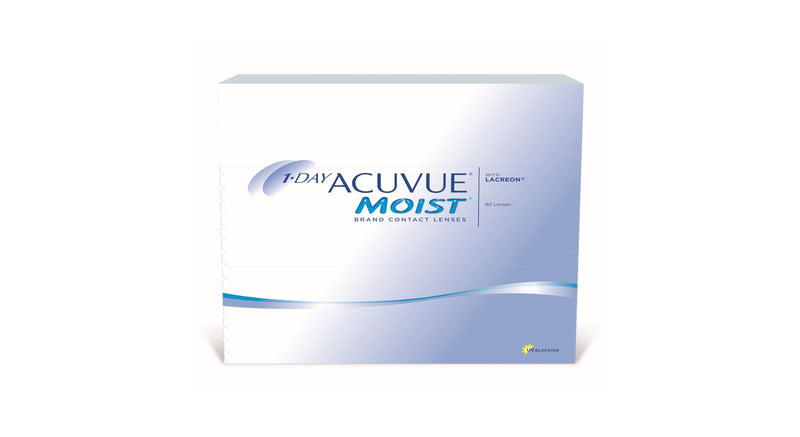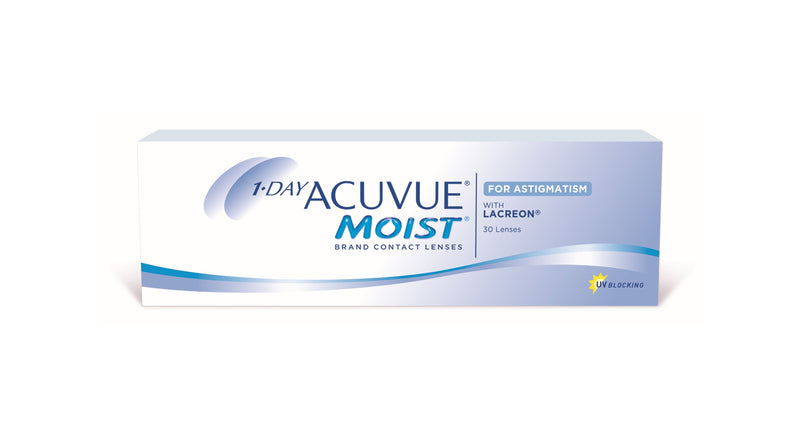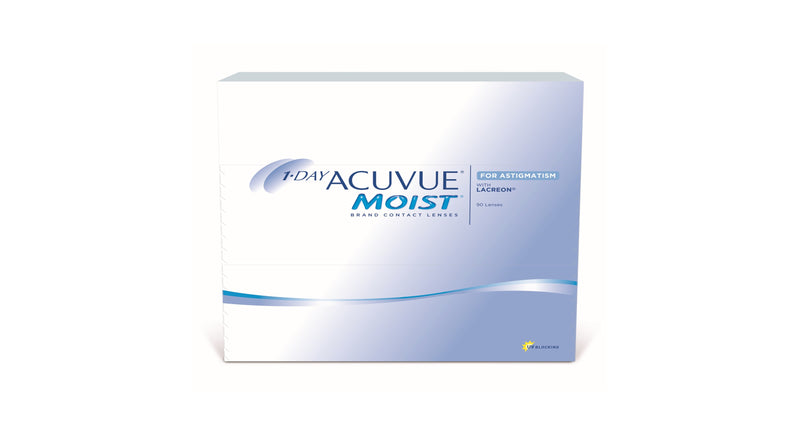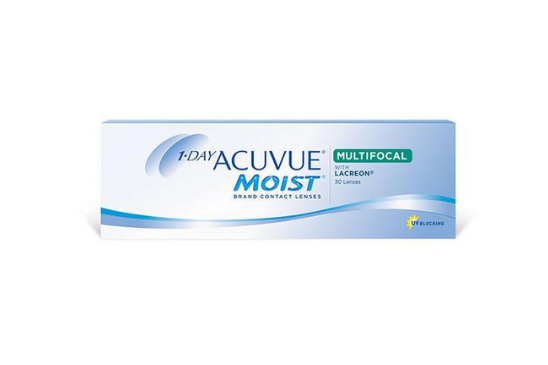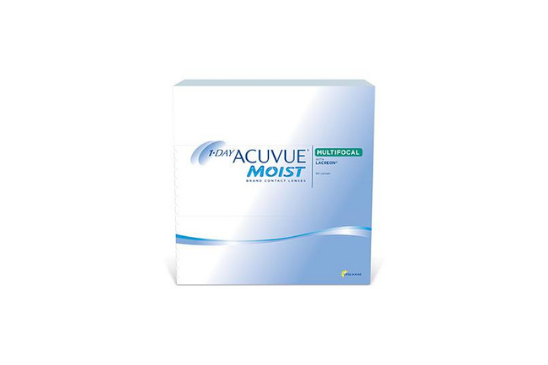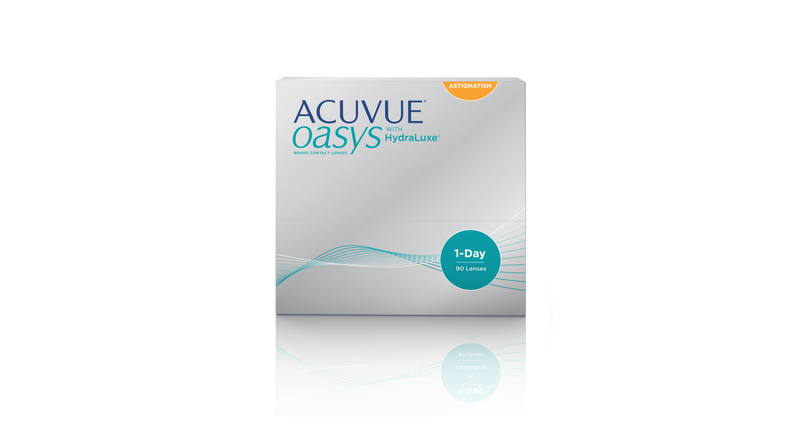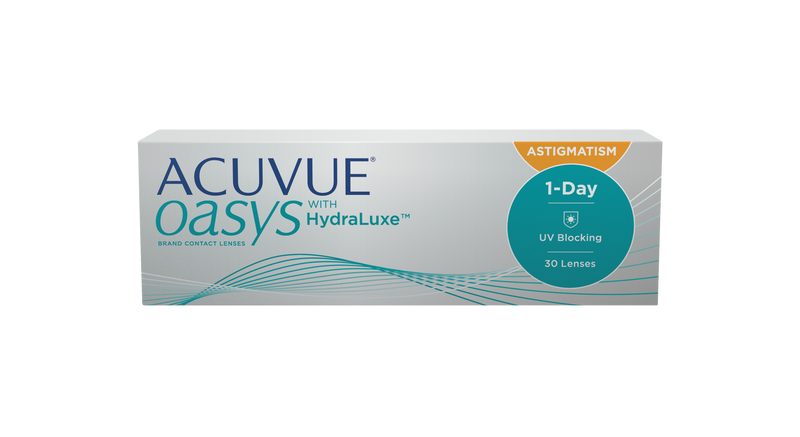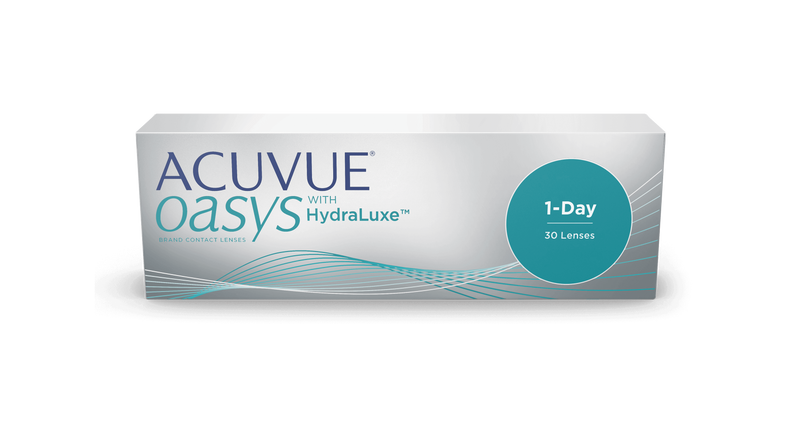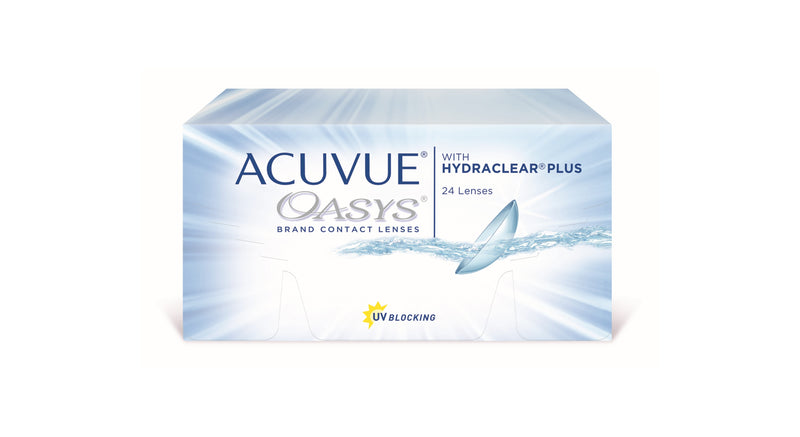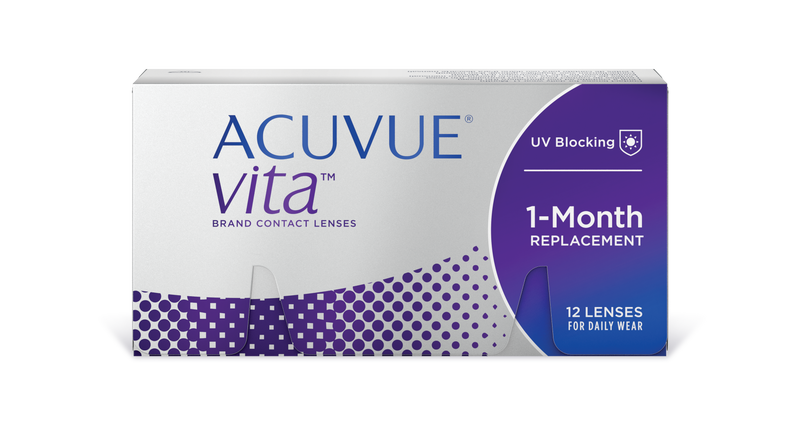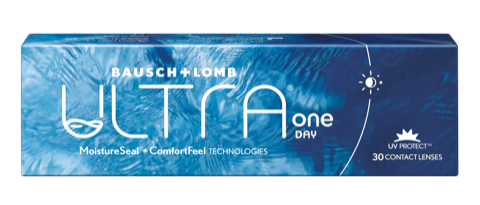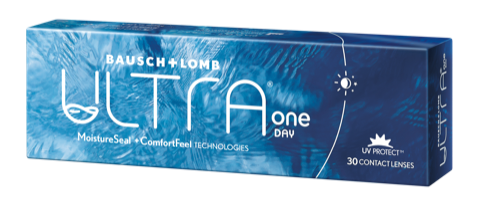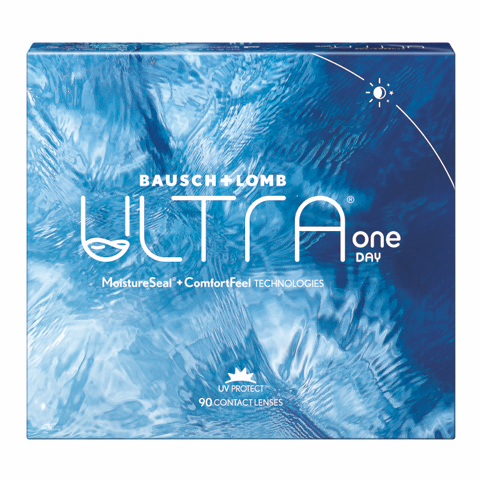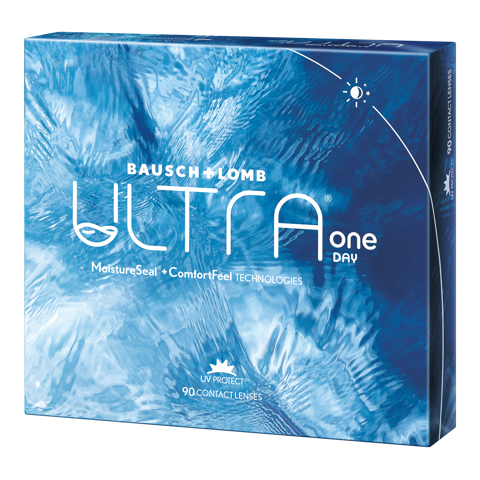
Can Dry Eye Affect Vision? The Impact of Colder Weather on Eye Health
Share
Hey there, Surrey! As the leaves start to change and that crisp autumn air rolls in, it's time to talk about something that affects us all: how cold weather impacts our eye health. At Look Optometry, we're not just about helping you see clearly (though we're pretty great at that). We're here to be your eye health partners all year round. So, grab your favourite warm beverage, get cozy, and let's dive into everything you need to know about keeping your eyes healthy when the temperature drops.

Can Dry Eye Affect Vision? The Cold, Hard Truth
Let's start with a question we get a lot: "Can dry eye affect vision?" The short answer? You bet it can! But don't worry, we're here to break it down for you.
What Is Dry Eye, Anyway?
Before we get into how dry eye can mess with your vision, let’s talk about what it actually is. Dry eye is a condition where your eyes either don’t produce enough liquid tears or the tears they do produce evaporate too quickly. It’s like trying to wash your car with a nearly empty bucket – not very effective, right?

The Link Between Dry Eye and Vision
Now, you might be thinking, "Okay, my eyes are a bit dry. So what?" Well, dry eyes can lead to vision problems, including:
- Blurry vision (like trying to see through a foggy window)
- Increased sensitivity to light (making you squint more than a detective in an old noir film)
- Difficulty seeing at night (not great for those early evening commutes on King George Boulevard)

Why Cold Weather Makes Dry Eye Worse
As the temperature drops, so does the humidity in the air. Warm air holds more moisture than cold air, which contributes to increased tear evaporation in colder weather. This dry air is like a sponge, soaking up moisture wherever it can find it – including from your eyes. Add in some wind chill, and you’ve got a recipe for tears evaporating.

The Cold Weather Eye Health Checklist
Now that we know cold weather can affect our eyes, let's talk about how to combat it. Here's your ultimate cold-weather eye health checklist:
1. Artificial Tears: Your Eyes' New Best Friend
Think of artificial tears as a cozy blanket for your eyes. They add moisture when your natural tears just aren’t cutting it, helping to alleviate symptoms like eye irritation, which is common in dry conditions. But not all artificial tears are created equal. Pop into our Newton or Guildford locations, and we’ll help you find the perfect match for your eyes.

2. Sunglasses: Not Just for Summer
UV light isn’t a problem only in warm weather. In fact, UV exposure can be even more sneaky in the fall and winter. Snow and ice can reflect up to 80% of UV rays, turning a winter wonderland into a UV danger zone. So, keep those shades handy, even on cloudy days.
3. Contact Lenses: Special Care for Cold Days
If you wear contact lenses, you might experience more discomfort when it's cold out. That's because cold air can make your lenses dry out faster. Some tips:
- Use rewetting drops designed for contact lenses
- Consider switching to daily disposables for the winter months
- If you're hitting the slopes, think about wearing glasses instead – they offer better protection against wind and UV rays

4. Omega-3s: Feed Your Eyes
Did you know that what you eat can help your eyes? It's true! Foods rich in omega-3 fatty acids, like salmon, flaxseeds, and walnuts, can help boost your natural tear production. It's like giving your eyes a little internal moisturizer.

5. Humidifiers: Moisture is Your Friend
Dry indoor air can be just as harsh on your eyes as the cold outdoor air. A humidifier can add much-needed moisture to your home or office, giving your eyes a break from the dryness.
When to See an Eye Doctor
While a little dryness here and there is normal, sometimes dry eyes can be a sign of something more serious. Here are some signs to watch out for:
- Persistent burning or stinging sensation
- Feeling like there's something gritty in your eye all the time
- Eye pain that doesn't go away
- Blurry vision that interferes with daily activities
If you're experiencing any of these symptoms, it's time to book an appointment with us at Look Optometry. We've got the tools and expertise to get to the root of the problem and find a solution that works for you.

Beyond Dry Eyes: Other Cold Weather Eye Concerns
Dry eyes might be the star of the show when it comes to cold weather eye problems, but they’re not the only concern. Let’s talk about some other eye health issues that can pop up:
If you're considering laser eye surgery, it's important to discuss how cold weather might affect your recovery and overall eye health.
Snow Blindness: Not Just for Arctic Explorers
Snow blindness, or photokeratitis is essentially a sunburn on your cornea. It's caused by exposure to UV rays, often reflected off snow or ice. Symptoms include:
- A gritty feeling in your eyes
- Sensitivity to light
- Tearing and redness
- Blurry vision
Prevention is key here. Always wear UV-protective sunglasses or goggles when you're out in snowy conditions, even if it's cloudy.

Watery Eyes: When Your Eyes Overcompensate
Ironically, cold weather can sometimes make your eyes water more. It's your eyes' way of trying to protect themselves from the harsh conditions. While this might seem like the opposite of dry eye, it can actually lead to irritation and discomfort if left unchecked.
Winter Sports and Eye Safety
For all you adventure seekers out there, winter sports can be a blast – but they can also be risky for your eyes. Whether you're carving up the slopes at Grouse Mountain or ice skating at the Surrey Sport & Leisure Complex, protective eyewear is a must. Look for goggles or glasses that offer:
- 100% UV protection
- Impact resistance
- Anti-fog coating
The Hidden Eye Health Risks of Cold Weather
Now, let's dive into some of the less obvious ways cold weather can affect your eyes:
Glaucoma and Cold Weather
For those with glaucoma, extremely cold temperatures can be more than just uncomfortable – they can be dangerous. Cold weather can cause blood vessels to constrict, potentially reducing blood flow to the optic nerve. If you have glaucoma, it's crucial to:
- Keep your eyes protected from the cold
- Maintain regular check-ups with your eye doctor
- Be extra vigilant about taking your prescribed medications

The Birth Control Connection
Did you know that birth control pills can affect your eye health? It's true! Hormonal changes can alter the quality of your tears, potentially leading to dry eye symptoms. If you're on birth control and notice changes in your eye comfort, let's chat about it during your next visit.
Sjogren's Syndrome
Sjogren's syndrome is an autoimmune disorder that affects the body's moisture-producing glands, including those that produce tears. Cold weather can exacerbate symptoms for people with Sjogren's. If you have this condition, working closely with both your eye doctor and rheumatologist is key to managing your eye health during the colder months.
Home Remedies and Lifestyle Changes
While professional care is important, there's a lot you can do at home to keep your eyes feeling great:

The 20-20-20 Rule: A Digital Age Lifesaver
If you spend a lot of time staring at screens (and let's face it, who doesn't these days?), try the 20-20-20 rule:
- Every 20 minutes
- Take a 20-second break
- Look at something 20 feet away
This simple habit can help reduce eye strain and keep your eyes more comfortable, especially when indoor heating is drying out the air.
Omega-3s: Not Just for Your Heart
We mentioned omega-3s earlier, but they're worth repeating. These fatty acids aren't just good for your heart – they're great for your eyes too. They can help improve the quality of your tears, reducing dry eye symptoms. So load up on:
- Fatty fish like salmon and sardines
- Flaxseeds and chia seeds
- Walnuts
Don't like fish? No problem! Fish oil supplements can be a great alternative. Just chat with us first to make sure they're right for you.

The High-Tech World of Dry Eye Treatment
Sometimes, artificial tears and lifestyle changes aren't enough to kick dry eye to the curb. That's when we break out the big guns:
LipiFlow
LipiFlow is a treatment that targets one of the root causes of dry eye: clogged meibomian glands. These glands produce the oily part of your tears that helps prevent evaporation. LipiFlow uses gentle heat and pressure to unclog these glands, helping your eyes produce better quality tears.
Intense Pulsed Light (IPL) Therapy
IPL therapy isn't just for smoothing out wrinkles – it can also help with dry eyes! This treatment uses light pulses to stimulate the meibomian glands and reduce inflammation around the eyes.
Prescription Eye Drops
For severe cases of dry eye, we recommend prescription eye drops. These can help increase your natural tear production or reduce inflammation causing dry eye symptoms.

The Great Outdoors: Protecting Your Eyes in Nature
Surrey and the surrounding areas are blessed with some beautiful natural scenery. But whether you're hiking in Green Timbers Urban Forest or taking a stroll along Crescent Beach, your eyes need protection:
Where the Air is Thin, and the UV is Strong
Planning a trip to the mountains? Remember, UV exposure increases about 4% for every 1000 feet of elevation. That means your eyes need extra protection at high altitudes. Wraparound sunglasses or glacier glasses are a must for mountain adventures.
Protecting Your Eyes from the Wind
Wind doesn't just mess up your hair – it can also dry out your eyes and carry irritants. Wraparound sunglasses aren't just for UV protection; they also shield your eyes from wind and debris.

The Future of Eye Care: Innovations on the Horizon
At Look Optometry, we're always keeping an eye on the latest developments in eye care. Here are some exciting innovations:
Smart Contact Lenses
Researchers are developing contact lenses that can deliver medication directly to your eye or even monitor your health. While these are still in the early stages, they could revolutionize how we manage conditions like dry eye.
Artificial Intelligence in Eye Care
AI is making its way into eye care, helping doctors detect and diagnose eye conditions earlier and more accurately. This could lead to more personalized treatment plans and better outcomes for patients with cold weather-related eye issues.
Your Action Plan for Happy, Healthy Eyes This Fall and Winter
Let's wrap things up with a simple action plan to keep your eyes feeling great as the weather gets cooler:
- Stay Hydrated: Drink plenty of water to help your body produce tears.
- Use Artificial Tears: Keep a bottle handy and use them before your eyes start feeling dry.
- Protect Your Eyes Outdoors: Wear sunglasses with UV protection, even on cloudy days.
- Create a Eye-Friendly Indoor Environment: Use a humidifier and adjust your heating to prevent dry air.
- Eat for Your Eyes: Include omega-3 rich foods in your diet.
- Take Screen Breaks: Follow the 20-20-20 rule to reduce digital eye strain.
- Don't Ignore Symptoms: If you're experiencing persistent discomfort, blurry vision, or pain, book an appointment with us.

Remember, your eyes work hard for you every day, especially when conditions get tough. By taking care of them, you're investing in clear, comfortable vision for years to come.
At Look Optometry, we're more than just your eye doctors – we're your partners in eye health. Whether you need a routine check-up, have questions about dry eye, or are dealing with any other eye health concerns, we're here for you. Our team of expert optometrists and friendly staff are always ready to help you see your best and feel your best.
Book an appointment with us today, and let's keep your eyes in peak condition all year round!